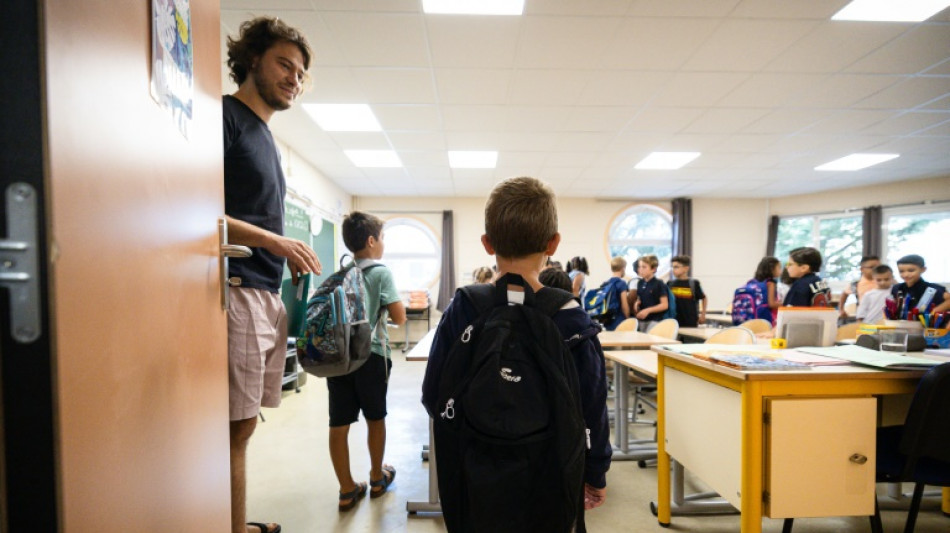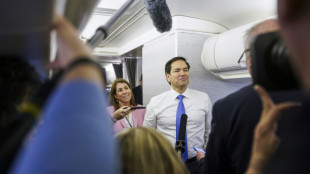

France to introduce new sex education guidelines in schools
The French government is putting the final touches on a reformed sex education syllabus for schools, with some topics, notably around gender identity, causing resistance among conservative groups.
Education Minister Elisabeth Borne -- who previously served as prime minister under President Emmanuel Macron between May 2022 and January 2024 -- is spearheading the effort, saying overhauling sex education guidelines was overdue.
"Education about love, about relationships and sexuality is absolutely essential," Borne told the France Inter broadcaster.
The overhauled syllabus is to come into force after the summer holidays this year, and calls for three sex education sessions per year for primary, middle and secondary shools, including private schools.
While three such annual sessions have been mandatory on paper for over two decades, they happen only rarely.
While Borne's view that better education might help in the fight against sexual assault on children, underage consumption of online pornography and sexist discrimination has broad support, some hot-button issues in her draft guidelines do not.
Top of the list is the inclusion of a discussion around gender identity and biological sex which has become a hot-button topic in recent years in many western countries.
Gender identity is usually defined as the personal sense of one's gender which, it has been argued, can be different from a person's biological sex, that is sometimes described as "the sex assigned at birth".
Such discussions have run into resistance from conservative associations and politicians who argue that gender theory has no place in schools, with some going as far as opposing all sex education in the classroom.
"Sex education is not in the best interest of children," said SOS Education, a conservative association close the Catholic church, which has collected over 80,000 signatures for a petition against what it said was a "a crazy project" by the government.
"Schools should start by teaching each child to read, write, reflect, respect authority and to accept that others may think differently, and be different, from them," SOS Education said.
Borne's team said they had taken many concerns on board, and in its current form the syllabus mentions gender identity seven times, down from 15 times in its first draft.
In addition, she said, gender identity will become a school topic starting in high school, not before.
The revised programme, seen by AFP, will be submitted for approval next week to France's Higher Education Council (CSE) which is comprised notably of teacher and parent representatives.
It contains a mention that sex education at school does not aim to "take the place of pupils' parents and families", a nod to concerns voiced by the Catholic church.
At any rate, the programme's content would be "adjusted to the age and maturity of pupils", with sexuality discussed only primary school, Borne said.
"The programme is very careful to provide quality information that is adapted to a pupil's age," she said.
The first draft of the syllabus had already sown divisions in the previous government last year when the then-minister for school success, Alexandre Portier, publicly rejected it, a stance disavowed by his boss, then-education minister Anne Genetet.
P.Braun--LiLuX



